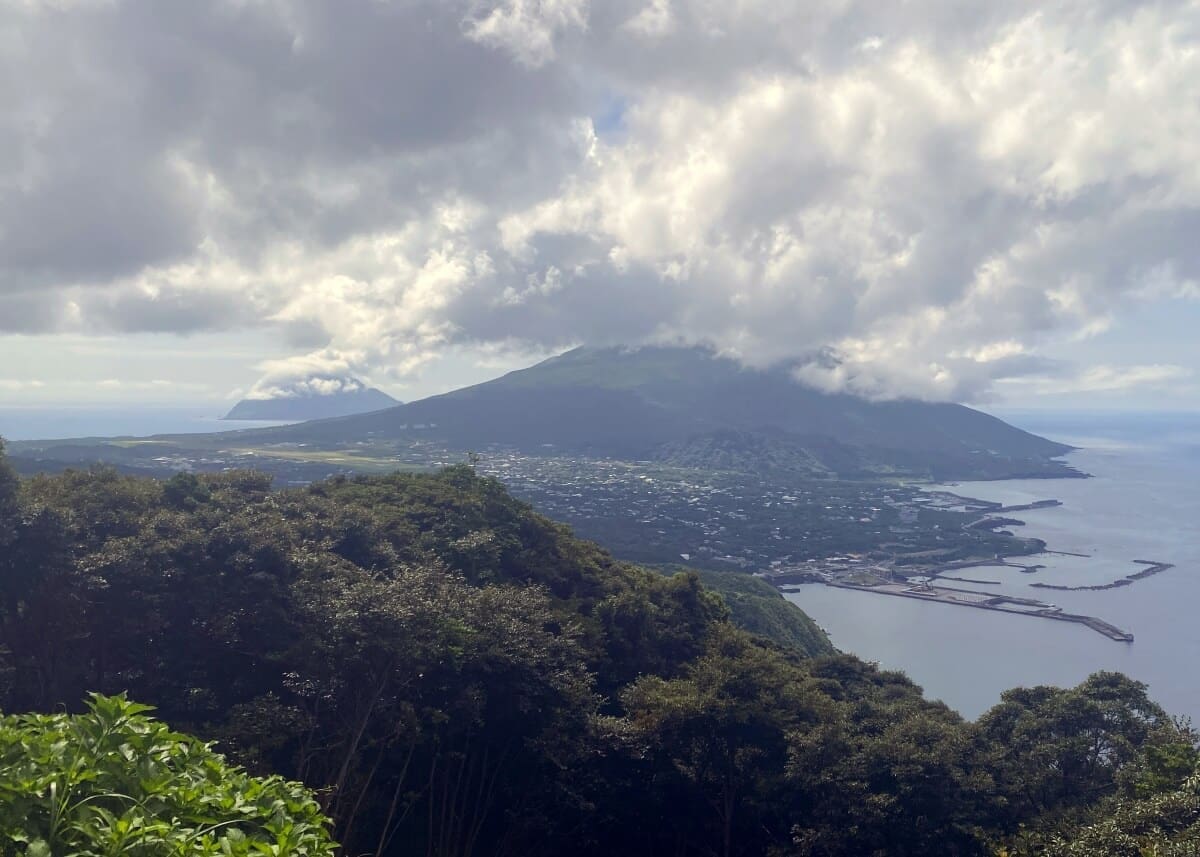My recent article for GoConnect on investing in akiya, or vacant Japanese homes, sparked a conversation. But one core idea needs a spotlight. I described the ideal buyer for these properties as a pioneer investor. This term can feel vague without context. My goal was not just to promote real estate deals. It was to call for a completely different approach. Rural Japan does not just need money. It needs people who can design new systems where old ones have failed.
The interest in akiya is growing fast. Many see it as a cheap entry into Japan’s property market. They dream of aesthetic renovations for Instagram or quick flips for profit. This approach, however, completely misses the point. It treats the house as an isolated object. It ignores the complex, fragile ecosystem the house sits within. This is where most foreign and domestic investment fails. It brings the wrong map to the territory. The right map belongs to the pioneer investor.
The Flaw of the Urban Mindset
The primary obstacle to successful rural revitalization is the urban mindset. This is a way of thinking forged in cities like Tokyo and Osaka. It is a logic based on density, speed, and transactional flow. The urban mindset evaluates opportunities based on a specific and often flawed checklist. Its core assumptions include:
- A primary goal of demographic and economic growth.
- A reliance on scalable, “plug-and-play” business models.
- A preference for transactional relationships over trust.
- A belief that a lack of infrastructure is a fatal flaw.
This thinking is a blueprint for failure in the countryside. Trying to import startup playbooks or foot traffic projections into places like Wakayama or Tottori is like planting coral in a forest. It simply does not take. The urban mindset asks, “How can we make this village grow?” But most villages are not trying to grow. Many are just trying to survive. Applying a growth-oriented, urban mindset to a community focused on subsistence is a fundamental mismatch. This is why the typical approach to rural revitalization so often collapses.

Furthermore, the urban mindset views relationships as transactional. It seeks clear contracts and predictable outcomes. But rural life often operates on trust, time, and shared history. Pushing for speed and efficiency can be seen as disrespectful. It can erode the very social fabric needed for any project to succeed. The failure to grasp this is not a small detail. It is the main reason why well-funded projects wither and die. The urban mindset, with its focus on spreadsheets over handshakes, is simply not equipped for the reality on the ground.
What is a Pioneer Investor?
- Deep listening and patience to learn the local system first.
- Building relationships based on reciprocity and trust.
- Prioritizing what “fits” the community over what “scales” globally.
- Bringing a flexible, design-oriented approach to solving problems.
- Measuring success by resilience, not just rapid returns.
This approach requires humility. A pioneer investor knows they are not a savior. They are a collaborator. They might spend their first year simply attending local festivals, helping with harvests, and drinking tea with elders. They do this to learn the unspoken rules and identify the true needs of the community. This process is slow and cannot be optimized. But it is the only way to build the foundation for lasting impact. The pioneer investor is playing a long game, one that the fast-paced urban mindset cannot comprehend.
Beyond Revitalization: The Power of Experiments
The most promising efforts in rural revitalization today are not framed as grand projects. They are framed as experiments. I have seen a converted ryokan that now serves as an artist residency, a small cafe, and a local rice co-op. I know a music collective that uses onsen towns as flexible event venues in the off-season. These are not plug-and-play ideas copied from a city. They are organic responses to their unique environments. They evolve based on local relationships and available resources, not spreadsheets.
The pioneer investor behind these projects understands this deeply. They provide just enough capital and vision to get an idea started. Then they allow it to adapt and grow organically. They embrace uncertainty. They know that the initial plan will likely change as they learn more about the community. This is the opposite of the rigid, milestone-driven approach favored by the urban mindset. A pioneer investor facilitates. They do not dictate. They create environments where new ideas can emerge and thrive on their own terms. True rural revitalization is about planting seeds, not constructing buildings.
Redefining Success in Rural Japan
We must redefine what success looks like. For decades, the model for rural revitalization has been based on failed attempts to copy what worked in the city. The three-decade decline since the bubble years is proof that this model is broken. The countryside was never a failed city. It was always something else entirely. To thrive, it needs models that embrace its unique realities. These realities often include slowness, distributed value, and reciprocal trust.
A pioneer investor understands that success is not measured by explosive growth or a quick exit. Success is a local business that hires three people and stays open for a decade. It is a restored community space that brings people together. It is a new system for living that is more resilient, sustainable, and fulfilling than the one it replaced. This is a much quieter, deeper form of success. Without this crucial shift in perspective, no amount of capital will create lasting impact. The wrong model, no matter how well-funded, still leads to collapse.
A New Path Forward
When I talk about investing in akiya, I am not talking about flipping cheap homes. I am not talking about chasing Instagram aesthetics. I mean committing to a future that does not yet exist. It means building something local that does not need to go global to be considered a success. If you can learn how a place truly works before you try to change it, then you are not just an investor. You are a pioneer investor. You are the future of rural revitalization.







0 Comments